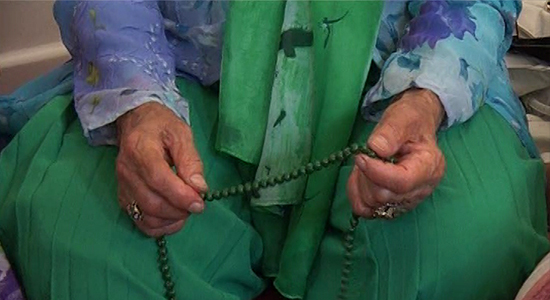Funding for the Nordic Network “Contemporary Muslim Lay Piety. Interpretations, Performance and Mobilization“
The purpose of the workshops is to bring together Nordic junior and senior scholars who have a shared interest in the study of contemporary developments in Muslim ritual practices, aesthetics and mobilization.

This network intends to investigate contemporary Muslim lay mobilization by reconsidering how Islamic interpretive domains develop with attention to subjectivities, agency and spatiality. We claim piety practices, soundscapes and visual culture as transmissions of Islamic knowledge. These creative operations mostly take place outside the dominating Islamic institutions and therefore require comprehensive methodological considerations as well as ethical reflection.
The issues presented will span over a broad field: from conservative stands on disciplining personal devotion to attempts to formulate modes of pious communication in line with liberal theological thinking. The expressive means chosen by smaller groups will represent a multitude of expressive modalities: ritual and performative genres, guidance and sermons, literary and visual repertoires.
Taking transnational mobility and global communication as decisive conditions, we will ask: How do these lay interpreters reflect different appreciations of what they esteem as tradition in the contemporary world? How do they establish and defend new interpretive domains? On what theological grounds do such developments relate to new pious performance genres, mobilization and Islamic authority claims? How do local actors navigate between traditional Islamic reluctance toward too exuberant communication forms and contemporary modes of expression in art and popular culture? By engaging with these questions, we will be able to develop a novel perspective on grassroot actors’ ambitions to teach and transmit Islamic knowledge within their communities. This practice-oriented approach to religious knowledge production and its forms of transmission recognizes the existence of spaces, speakers, genres and means of communication other than those conventionally encountered in the study of religion. The original contribution of the network is thus twofold. Firstly, its analyses will be based on the identification of often overlooked lay activities and the collection of data will offer a focus on the content of religion, not only its social formations and political implications. Secondly, the juxtaposition of ethnographic and aesthetical studies will facilitate exploration of transformations in religious repertoires.
